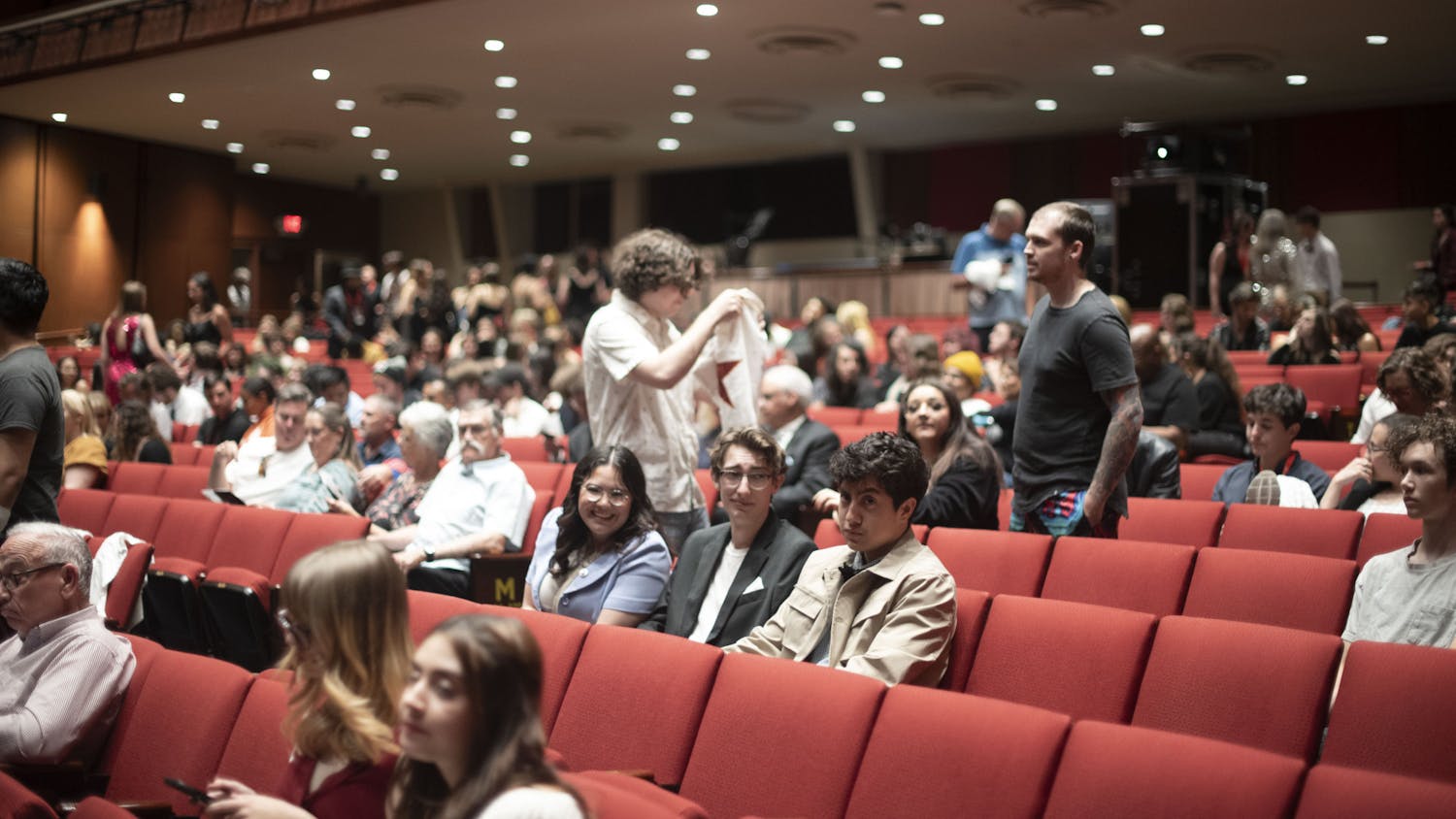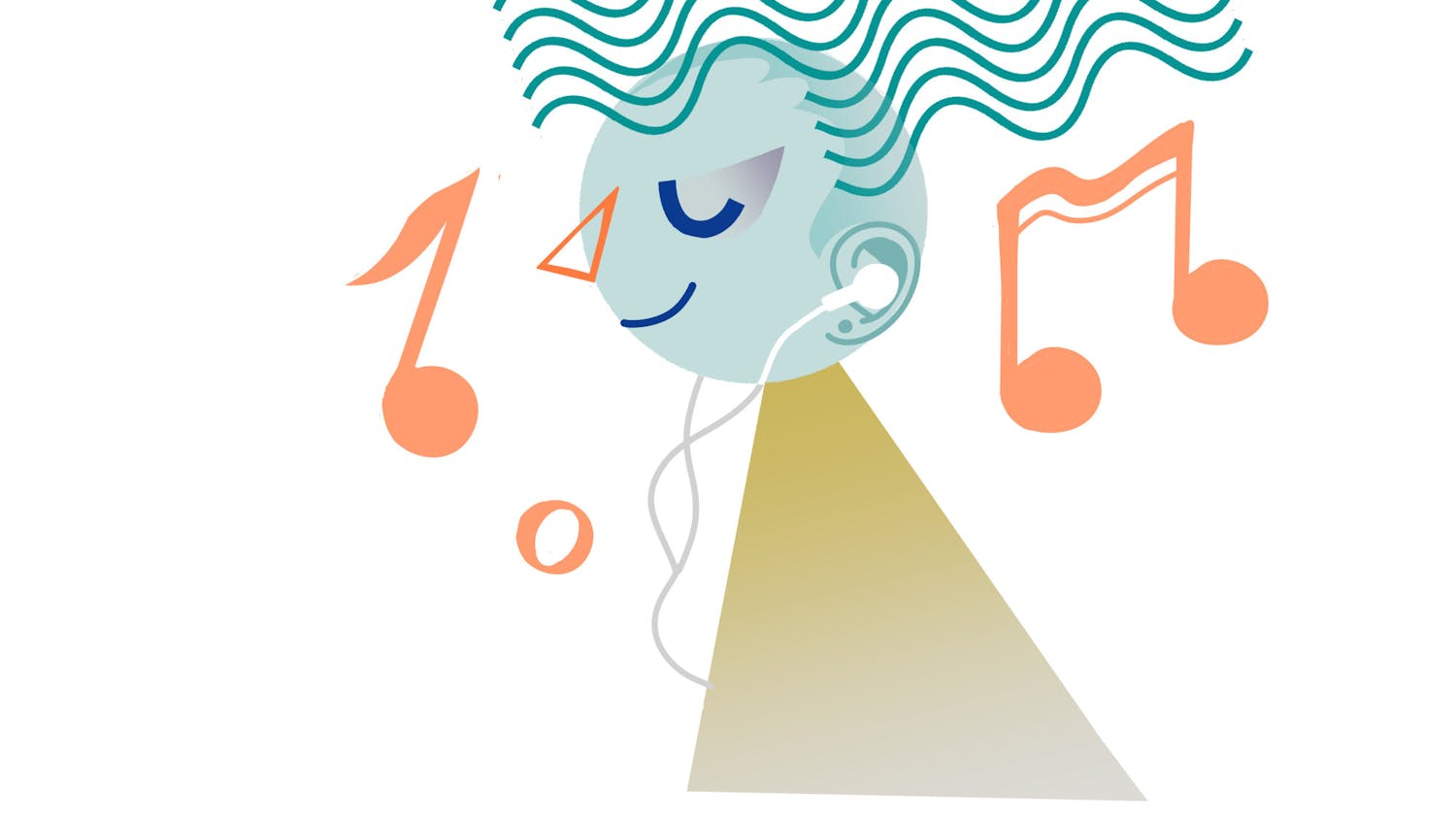The University of New Mexico Student Health and Counseling hosted “The Self-hood Struggle” student workshop with African American Student Services in Mesa Vista Hall Monday.
Desa Karye Daniel, a doctoral student at UNM and a mental health counselor for African American Student Services, gave a presentation titled “A Phenomenological Study of the Invisibility Syndrome Among African American College Students.” This presentation covered the background of Daniel’s own study.
Christopher Collins, senior student program advisor at African American Student Services, helped organize the event.
“I just think that this was a great event, and we definitely want to raise cultural awareness here, on campus, and just have everyone’s experiences be that much better here at UNM,” he said.
Daniel opened her presentation by asking attendees to think about their emotions when they were accepted into college, during their college career and after graduation or right before graduation. She shared her own experiences as well.
She said, while many people may use similar language to describe their experience throughout college, incorporating race changes how people discuss university life.
Daniel’s presentation covered the idea of ethnic invisibility. She said this occurs when a person does not recognize another person as an individual, as a result of a lack of validation, microaggressions, racial slights and discrimination. Often a person dismissing another’s cultural background, a nuance of someone claiming that they “don’t see color.”
In academia, Daniel said, this can be seen through an attempt to treat students the same regardless of circumstance, pretending that there or no biases or assumptions on how a person presents, not recognizing that person as an individual.
She said a person cannot equate their own experiences to the experiences of others but should take each person’s experiences for what they are and validate those experiences.
“Students of color have different experiences from what we know of our white brothers and sisters,” Daniel said.
People of color have a “sixth sense,” a gut feeling that a person has about a situation or an “inner vigilance,” for racial slights people of color maintain throughout life, she said,.
After a brief discussion, Daniel presented on Critical Race Theory and its importance on college campuses.
Get content from The Daily Lobo delivered to your inbox
“Race is in every single thing we do,” she said.
Daniel said people must acknowledge that experiences vary among individuals, and it is crucial not to perpetuate mainstream stereotypes.
She also covered stereotype threat, a phenomenon in which students begin to question who they are and why they are attending a university due to the microaggressions and stereotypes they experience. Daniel said this can eventually lead to racial battle fatigue.
With racial battle fatigue, students of color begin to feel anxious in a space, and it can happen with students in classes with professors who perpetuate stereotypes, dismiss cultural backgrounds or generally do not recognize a person as an individual, she said. This can lead to a person not feeling comfortable attending class due to the professor’s comments or attitude.
Daniel said the experiences of those who encounter Racial Battle Fatigue need to be validated and processed.
She said a person first must understand what is occurring in a given situation. Next, a person must reflect on the situation and the feelings that arise from it, particularly if it is on a college campus and there is a power dynamic present, such as cases that involve professors. Lastly, a person must determine the appropriate following action, and sometimes, Daniel commented, that can be telling the right people who can address the situation.
Daniel encouraged attendees to constantly confront their own biases and push back against the norm.
“It’s important not to label things as small or mediocre. You should be validated,” she said.
At the end of her presentation, Daniel informed attendees of various resources, including counseling at SHAC and the AGORA Crisis Center. She encouraged students to talk to counselors at SHAC, or share with friends and family to sort through whatever they are experiencing.
“What I really hope students got out of this event is that in their struggles here on campus, especially racially and socially, they’re not alone,” Collins said.
Annie Edwards is a culture reporter for the Daily Lobo. She can be contacted at culture@dailylobo.com or on Twitter @annie_ce18.





